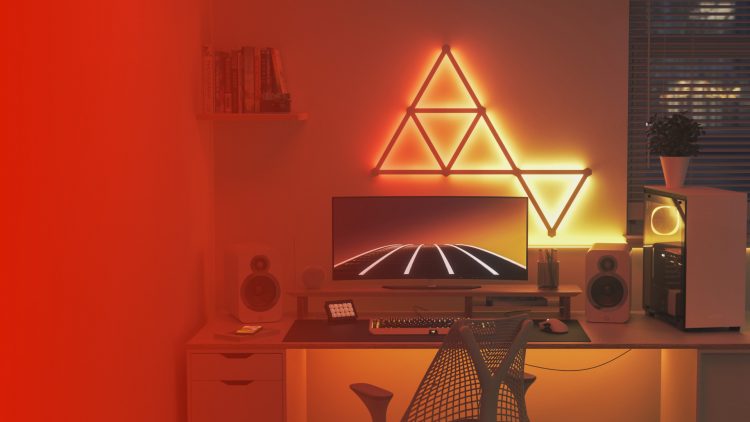If you’re not familiar with why Matter matters for smart homes, we have a primer for you below, but to put it as briefly as possible: simplicity. It’s a universal protocol that will allow accessories to work on any major smart home platform, eventually putting an end (in many cases at least) to the question of whether something is compatible with Amazon Alexa, Google Assistant, Apple HomeKit, or Samsung SmartThings.
Since it was announced, there have been doubts about how widely Matter will be adopted, and whether it’ll roll out smoothly. Or at all. There have already been a couple of delays — it was originally supposed to go live in 2020, and then in mid-2022. The good news is that based on recent developments, it is likely to meet its current fall 2022 target and become de facto in the smart home industry.
Dig deeper: Why the Matter smart home protocol is a big deal
Thread barriers are coming down
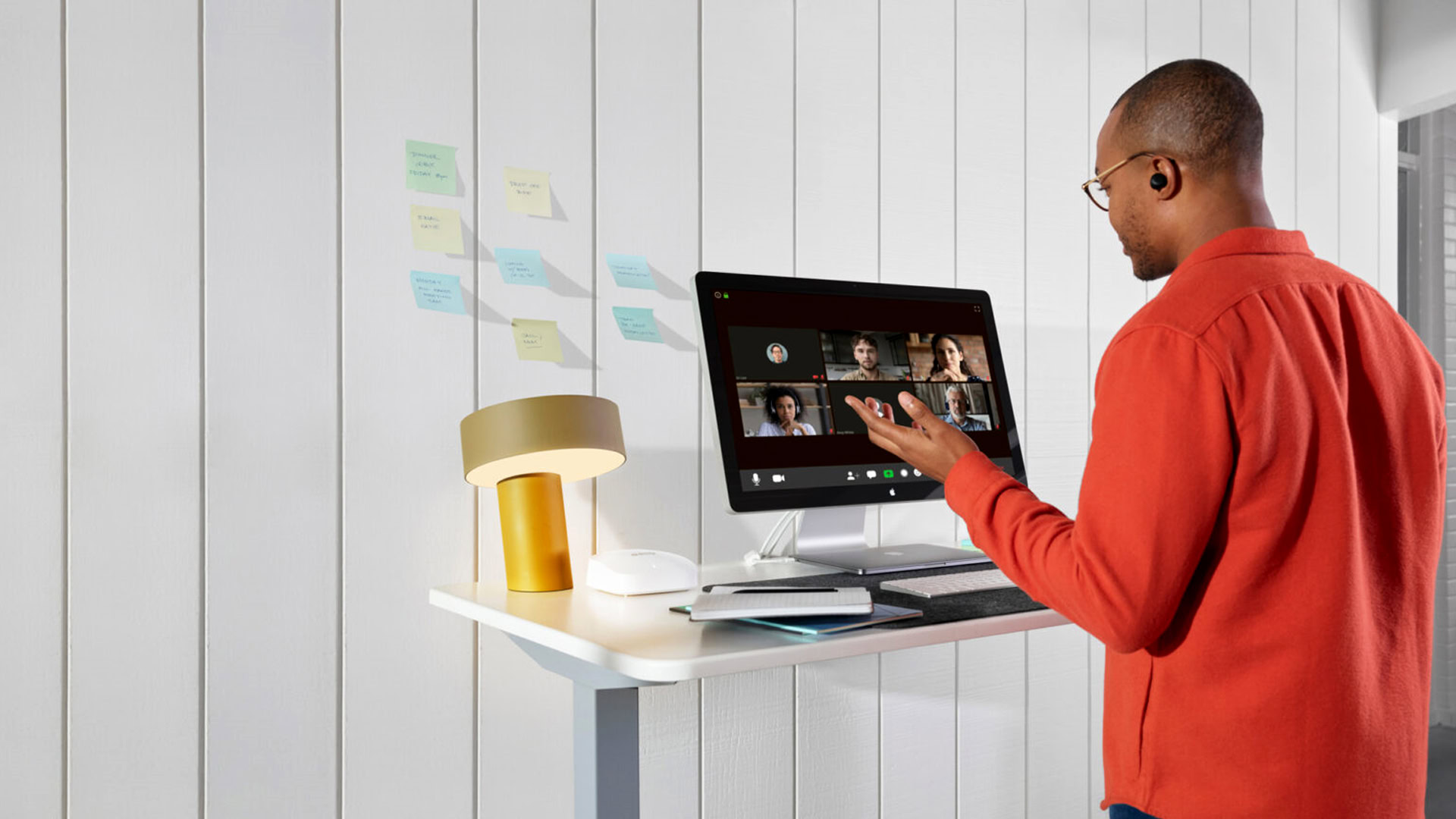
Just recently the Thread Group announced the release of Thread 1.3.0, the first version of the technology to enable planned Matter support. What’s Thread? Again, there’s more in our Matter explainer above, but essentially it’s a Zigbee-based wireless protocol that lets smart home accessories form their own mesh network. Each Thread product operates as a low-powered “border router,” meaning less reliance on hubs or Wi-Fi. By extension, Thread devices tend to respond faster.
In theory, there’s no reason you won’t be able to link Nanoleaf lights, an Amazon Echo, and a Nest Hub Max on the same Thread network.
Thread is intended to be the main infrastructure for Matter, even though the latter can technically operate over Wi-Fi, Ethernet, and Bluetooth. That makes Thread 1.3.0 a crucial milestone. It’ll take a little while for most devices to get the update, but in theory, there’s no reason you won’t be able to link Nanoleaf lights, an Amazon Echo, and a Nest Hub Max on the same Thread network in the near future.
Meanwhile, general industry support for Thread is gaining steam. It’s already on products like Nanoleaf panels, Eero routers, and Apple’s HomePod mini, and both Amazon and Google have pledged to bring it to existing smart speakers and displays. Those products are core to many smart homes, making it a low-risk decision for other vendors to get on board.
Our picks: The best smart displays
Apple doesn’t seem to be dragging its heels
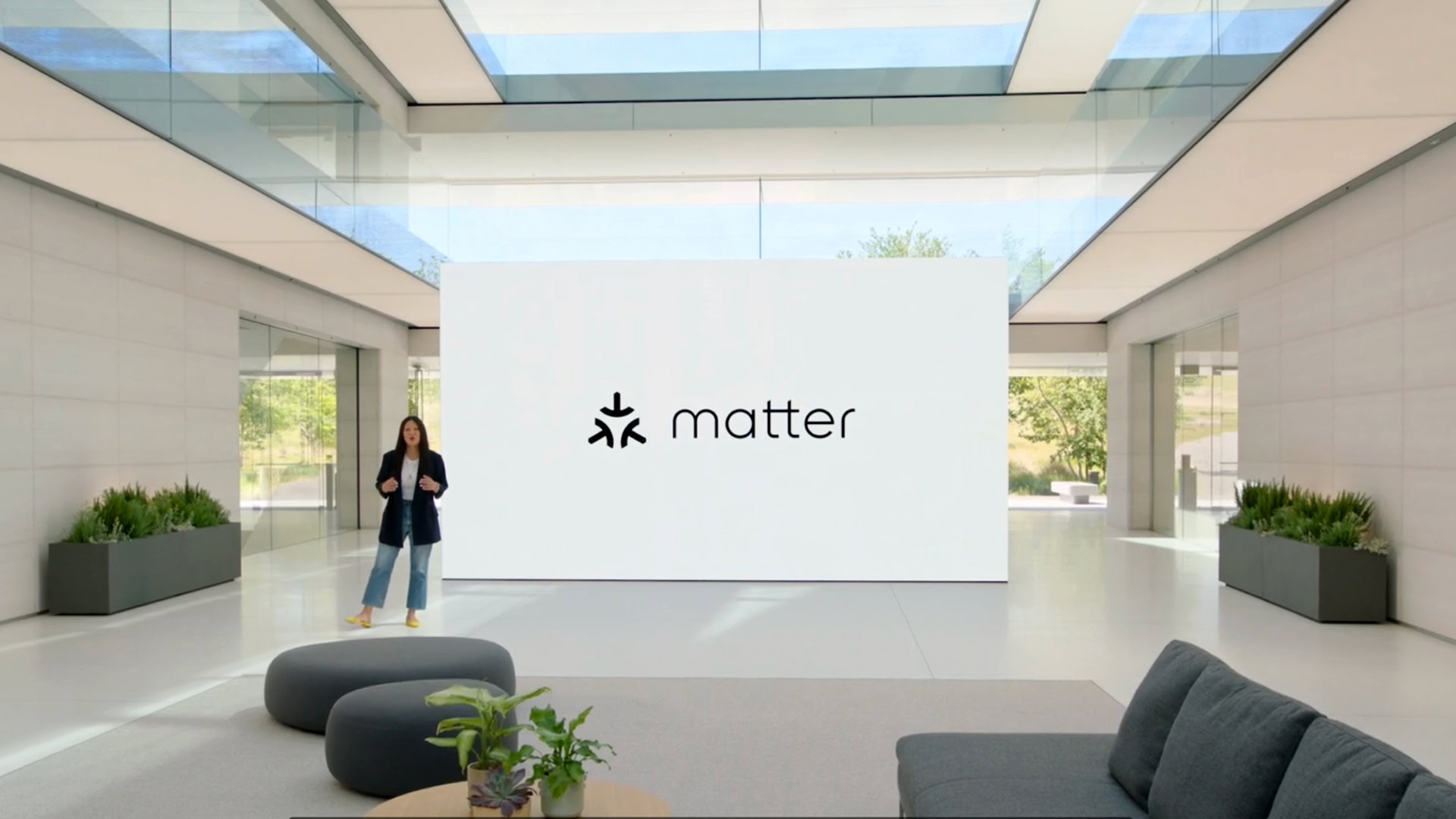
Roger Fingas / Android Authority
Apple is one of the founders of Matter alongside giants like (but not limited to) Amazon, Google, and Samsung. Despite this, and its support for Thread in the HomePod mini and Apple TV 4K, there’s been concern that Apple might put up artificial barriers that defeat the standard’s purpose. The company is infamously resistant to others playing in its walled garden, whether because it might divert sales or threaten the security of platforms like HomeKit.
Those barriers are still a threat, and I’d bet against an Amazon Echo having more than basic functionality through the Apple Home app. Yet there are signs that Apple is taking its commitment to Matter seriously, which is critical if the standard is going to succeed.
For one, Apple made it a point to highlight Matter during its WWDC 2022 keynote in June, promising support this fall. The company rarely spends much time talking about smart home tech during press events, so calling out Matter specifically — with a short-term release date no less — is a message to both the public and developers.
More recently Apple said it would “introduce a new architecture for an even more efficient and reliable experience” in the iOS 16 and iPadOS 16 versions of the Apple Home app. While it’s unconfirmed, that sounds a lot like Matter, which would presumably demand new code to accommodate both the protocol and the added device types it should allow. HomeKit has long suffered from blindspots, for example offering no support for robot vacuums — something Alexa and Google Assistant have handled for years.
Calling out Matter specifically at WWDC highlights its importance to both the public and developers.
Apple may see this as a chance to catch up in the smart home race. HomeKit has plenty of fans, yet its market share and vendor support have lagged behind Amazon and Google, hurt by factors like the demands of HomeKit security. With a more level playing field, Apple’s clout in the phone and tablet industries might finally come to bear.
We recommend: The best smart home devices
Matter’s release date coincides with other launch windows
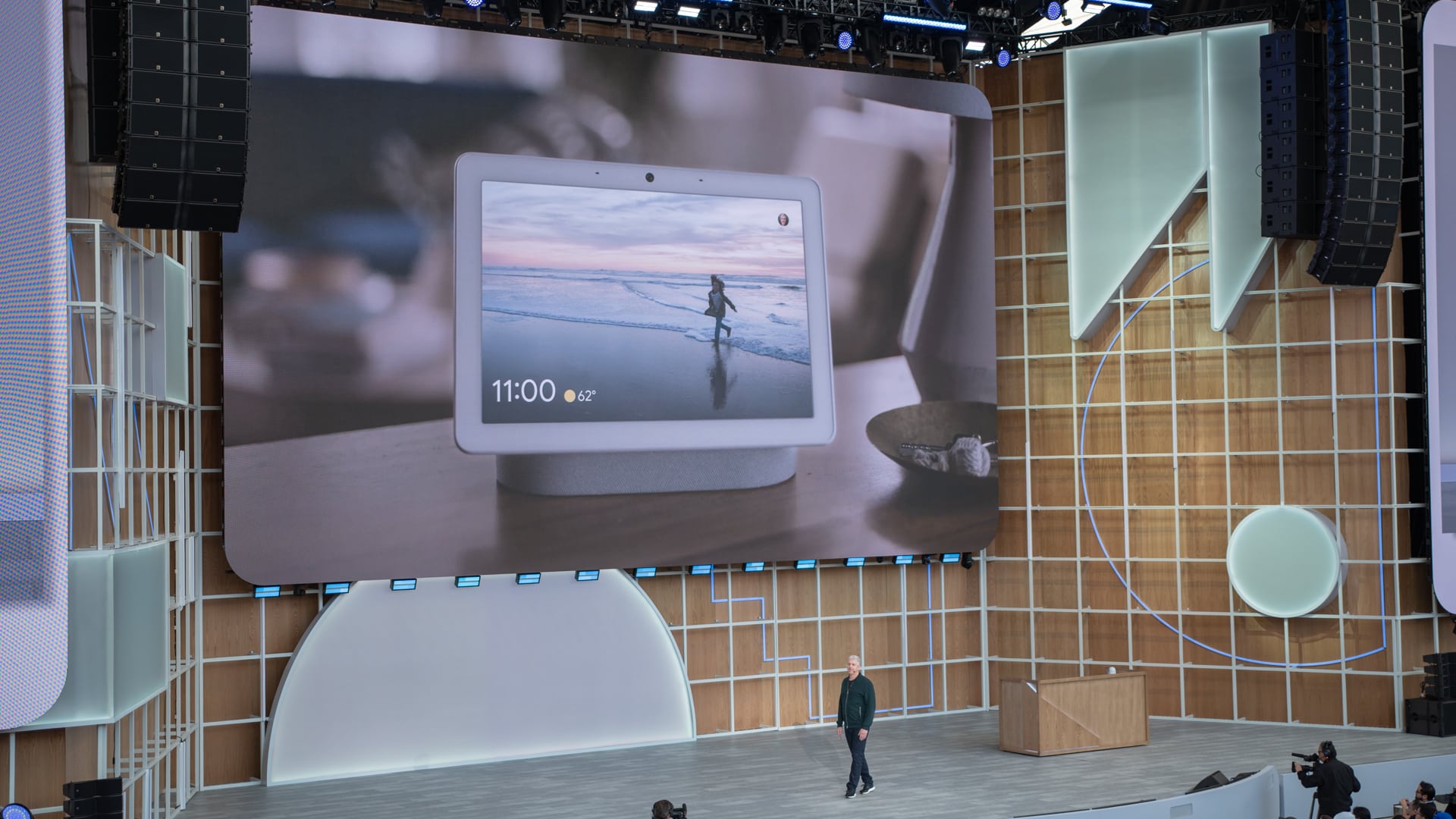
Media coverage often misses the fact that Amazon, Apple, and Google are due (if not overdue) for new smart speakers and displays. Amazon’s last big announcements were in September 2020, and except for the 2nd gen Nest Hub, Google is in a similar spot. It’s not normal for either company’s lineup to be so static. Apple’s smart home lineup has actually shrunk to just the Apple TV and HomePod mini, since the original HomePod was canceled in March 2021 after poor sales. The company is rumored to be working on at least one new HomePod model.
More: Everything we know so far about the Apple HomePod 2
While supply chain issues have no doubt affected the situation, it seems likely that the companies have also been bunkering down to update for Matter and Thread. We might’ve even seen Matter products in 2021 had the standard been ready on time.
Amazon, Google, and Apple are due to update their speakers and displays soon. Just in time to coincide with Matter launch in the fall.
On top of this, it’s worth noting that tech companies like to sync new software with new hardware launches if there’s a chance the two can coincide, and they prefer to ship hardware in the fall to exploit holiday sales. Matter’s fall 2022 target probably isn’t a coincidence then, considering its backers, and no company is going to want to give a leg up to the competition by postponing a major compatibility feature.
Are you waiting for Matter before buying more (or any) smart home accessories?
42 votes
Yes
76%
No, the current platforms are fine for me
12%
No, I’m not planning on buying smart home gear
12%
Could Matter still be derailed?
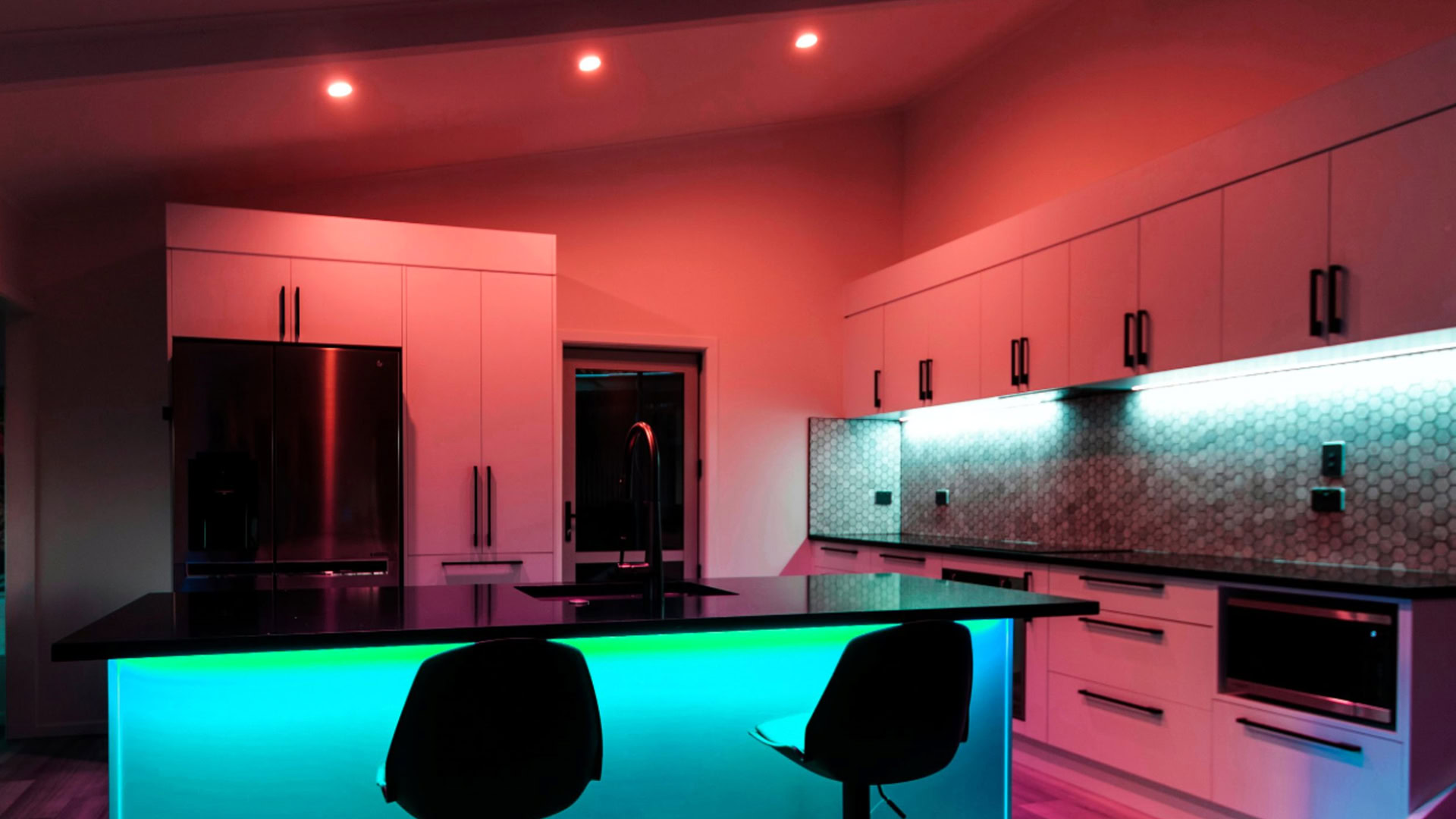
That can’t be ruled out. Building a standard everyone can agree on is a challenge in any industry, and Matter has already been put on hold twice. All it would take is one of the major backers deciding current specs interfere with their plans — say, as hypothetical examples, because they restrict options or consume too much power on battery-operated accessories.
If I were setting up a smart home now, I would avoid buying anything that doesn’t support Thread and/or pledge a Matter update.
For all the reasons we’ve mentioned, though, it looks like the pressure is on to get Matter out the door, and announcements have lined up with where the protocol should be this close to rollout. If I were setting up a smart home now, I would avoid buying anything that doesn’t support Thread and/or pledge a Matter update. As little as two years from now, lacking those things may seriously date your setup.
Keep reading: 7 improvements smart home tech really needs to thrive
Comments
Source by www.androidauthority.com






















